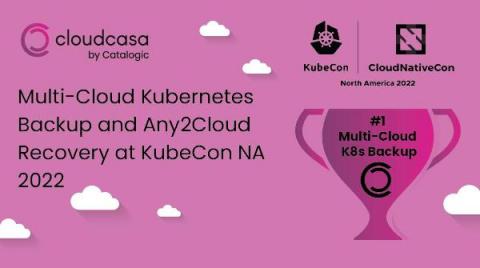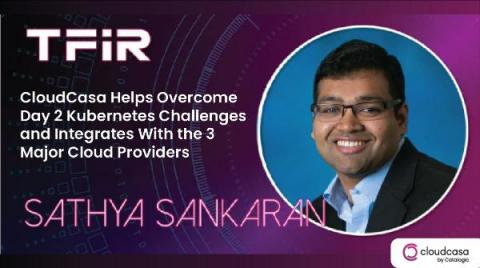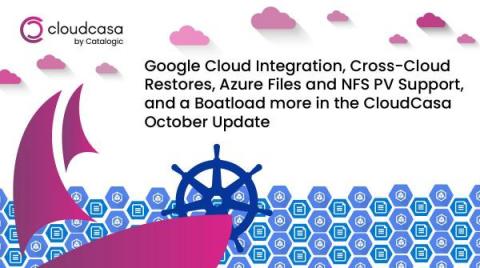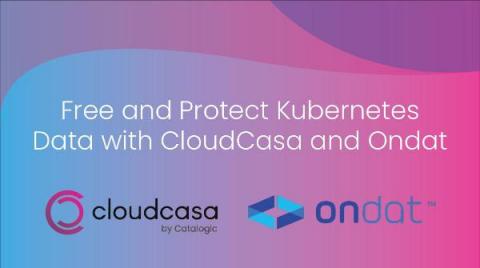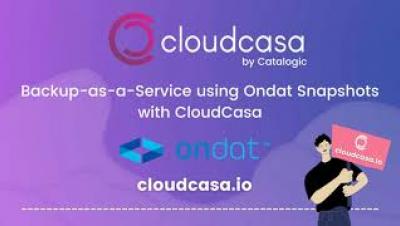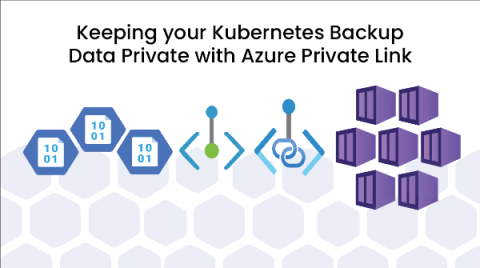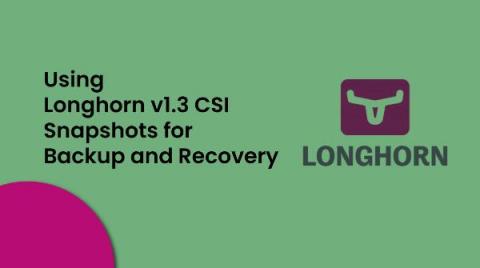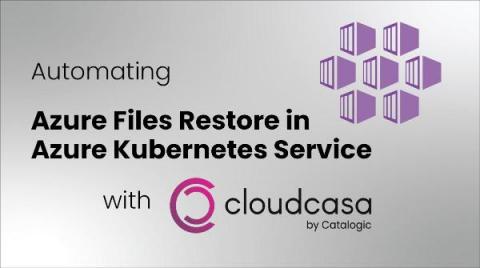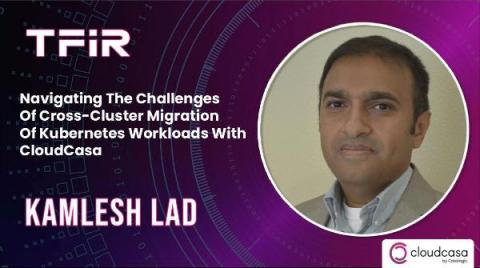Multi-Cloud Kubernetes Backup and Any2Cloud Recovery at KubeCon NA 2022
With over 300 vendors exhibiting at KubeCon + CloudNativeCon North America 2022 (which is the long and official conference name), there was no shortage of early-stage vendors (230 at the silver and startup sponsor level) to visit for the 7000 attendees. Observability and security solutions were popular for the early-stage exhibitors.


